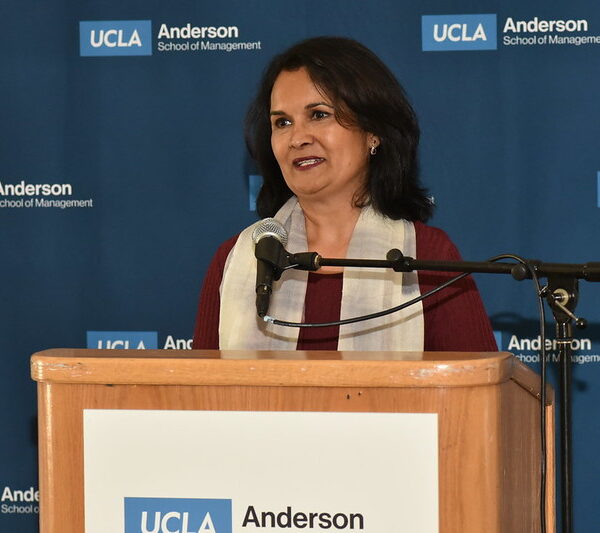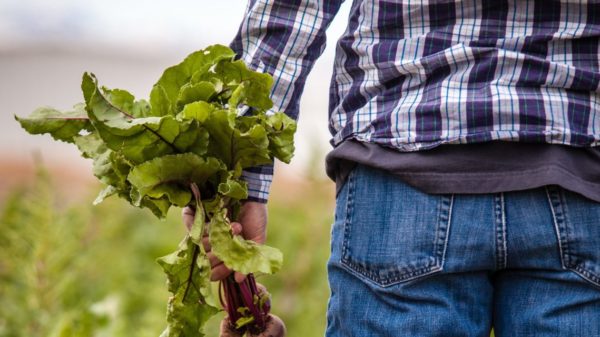Magazine, The Immigrant Experience, Cornell Sun,
A Salvadoran-American Perspective
For the first time in almost four years, many Americans feel tentatively proud of their country. Tireless encouragement to vote has helped prove that community support can unite a country divided and reestablish American values of truth, integrity and respect. As such, it seemed appropriate to take a look at the new meanings Thanksgiving may hold this year; Samai Navas, a recent Salvadoran-American immigrant and close family friend, shares what her All (Salvadoran) American Thanksgiving has come to represent over the years.
It’s worth noting that the typical modern Thanksgiving symbolizes and commemorates an ideal that only existed for a very short time. While there is some truth behind the story of a peaceful feast between European settlers and the Wampanoag people in 1621, this calm did not last. Between the years of 1630 and 1642, plague tore through Native communities, resulting in the death of more than half of all Native Americans living at the time. There is an argument to be made about celebrating a holiday so related to great human suffering and the romanticization of colonialism. For the sake of this article, however, we will temporarily attempt to deracinate Thanksgiving to focus on its modern iterations within immigrant communities.
I was especially interested in understanding how Samai’s perception of Thanksgiving might differ from someone born into the culture and who had celebrated it from birth. New and old Americans might celebrate the holiday differently at times, but both groups’ Thanksgiving dinners are equally viable ways of giving thanks for loved ones, good food and the previous year. I’m not sure how many people are going to be grateful for 2020 as a whole, but we’ll ignore that for now.
Before coming to the United States about two years ago, Samai had been exposed to Thanksgiving through TV and tales from relatives already living in the U.S; despite some secondhand knowledge of the holiday, however, Samai was eager to experience her own Thanksgiving for the first time. When asked to remember her first-ever Thanksgiving last year, Samai said “it was a pleasant experience where I was able to partake in tradition and feel the excitement and an explosion of emotions; nostalgia and love for our family are some of the principal elements that create a magnificent Thanksgiving.” I particularly enjoyed her emphasis on the importance of family; at my family’s typical Thanksgiving dinner, we go around the table naming what we have been thankful for that year, and I often find myself naming something physical like “the food” or “school.” Hearing Samai repeatedly mention her family made me realize that I had probably begun to lose touch with the more sentimental side of Thanksgiving.
Naturally, I had to ask about the food. Samai tells me that “of course, like good Salvadorans we always have pupusas, horchata and the obligatory turkey.” For those poor souls that have yet to try a pupusa, they are luxurious, warm pockets of corn tortilla stuffed with fillings like beans, cheese and meat, that are then cooked on a griddle or comal. The pupusa is almost more Salvadoran than the flag itself. Samai feels comfortable straying from other traditional dishes like cranberry sauce because “obviously, I am not overcome with the same emotions [as an American-born citizen] because Thanksgiving is not a tradition that I have grown up with. Nevertheless, it’s a time rich with positivity and feeling.”
Though Samai claims that Thanksgiving doesn’t hold the same significance for her as it does for other Americans, it seems to me that she has hit the nail on the head. There is no singular right way to have a Thanksgiving dinner, as there is huge variation across the U.S. Who is to say that brussels sprouts or mashed potatoes are any more representative of Thanksgiving than horchata? Of course, “traditional” foods can connect us to relatives when we make Grandma’s pie, or read a recipe for Great Uncle’s gravy; we remember and honor our relatives through the food they used to make. However, for new Americans without a distinct Thanksgiving culinary tradition, putting their own twists on the meal can help create one. In a few generations, a Mexican-American immigrant’s grandchild might prepare Abuela’s Thanksgiving tamales. As a holiday that, at its core, is about appreciating those around you and uniting communities, eating tamales at Thanksgiving may become even more meaningful than turkey.
Amelia Clute is a junior in the College of Arts and Sciences. She can be reached at aclute@cornellsun.com.
A Nigerian-American Perspective
spoke to my good friend Oge Ezekwenna ’22 about Thanksgiving with his family. Ezekwenna’s parents, Beatrice and Bonaventure, are both Igbo Nigerians. The Igbo people are a meta-ethnicity native to the present-day south-central and southeastern Nigeria and Equatorial Guinea. Beatrice and Bonaventure were born in the southeastern part of Nigeria. They moved to the United States in the late 1980s and 90s as teenagers, settling in New York City. Ezekwenna lives in the Bronx, New York with his parents and his two siblings Lulu, 19, and Chichi, 17.
Ezekwenna said that Thanksgiving in his house is a three-day affair, consisting of defrosting the turkey, finalizing the foods to be served and “dropping subtle hints about gifts for my parents to buy during the Christmas shopping season.”
In the Ezekwenna household, Thanksgiving lunch is usually a small affair consisting only of immediate family, where a wide range of, in Oge’s words, “mouth-watering food,” is served: collared greens, turkey, macaroni and cheese, candied yams, ham, stuffing, rice and beans. Dessert follows, with pies, ice cream and whipped cream to top it off.
Later in the afternoon, Igbo, the native language of Ezekwenna’s parents, could be heard as relatives call-in, wishing Ezekwenna and his family a happy Thanksgiving and sending well-wishes.




